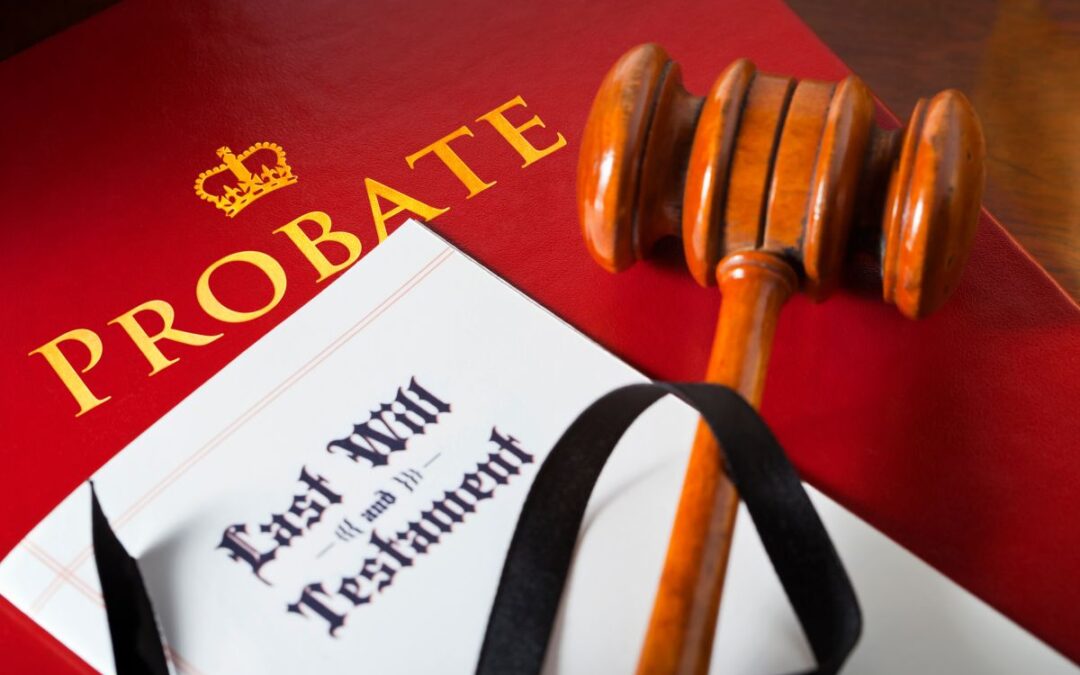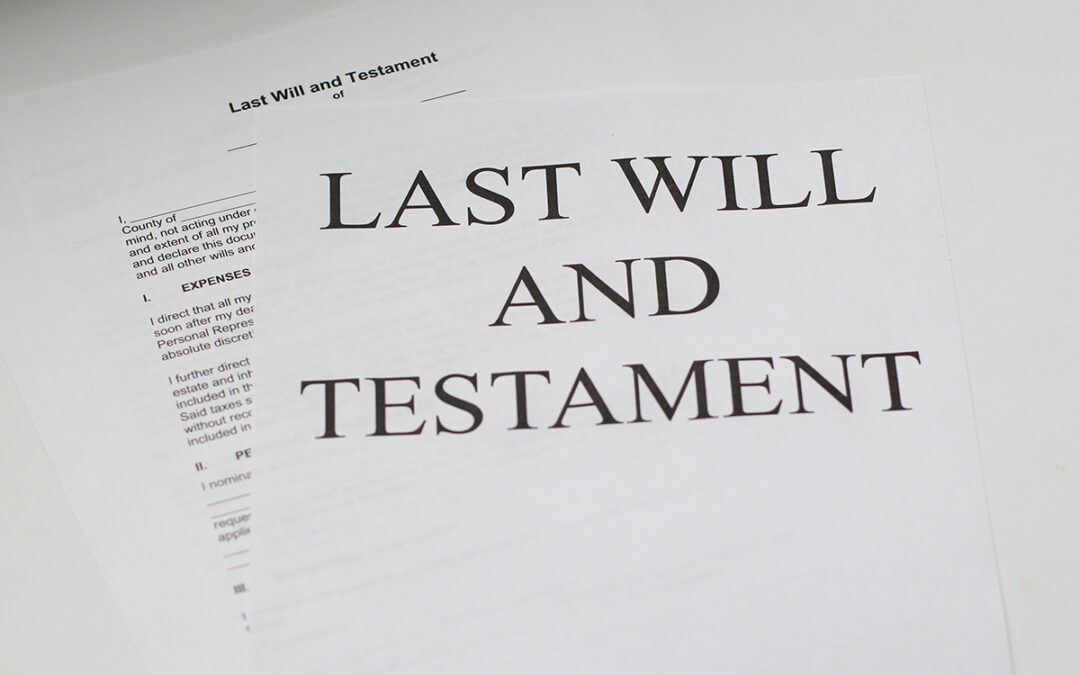
Feb 21, 2024 | Wills and Estates
What is a grant of probate? A grant of probate is a legal document issued by the Supreme Court that validates a recently deceased person’s Will. The document certifies that... Read More

Aug 30, 2023 | Wills and Estates
What is an Enduring Power of Attorney? An Enduring Power of Attorney (EPOA) appoints a person, or persons, to make legal and financial decisions on your behalf once you have... Read More

Jul 30, 2022 | Wills and Estates
Wills and estates can be a confusing topic for many people. However, it is crucial to understand what a will is, how it works, and why you should have one.... Read More

Jul 27, 2022 | Wills and Estates
Around 40% of Australians do not have a will, with the majority of that group citing procrastination as the main reason for not having made a will. But when unexpected... Read More

Jul 25, 2022 | Wills and Estates
Superannuation benefits are not automatically assets that fall within the estate of a person after their death. Without additional and proper written directions, what happens to a person’s super after... Read More

Jul 21, 2022 | Wills and Estates
Can You Put Anything You Like in Your Will? When it comes to writing your own will, you may think you should be able to divide your assets however you... Read More







